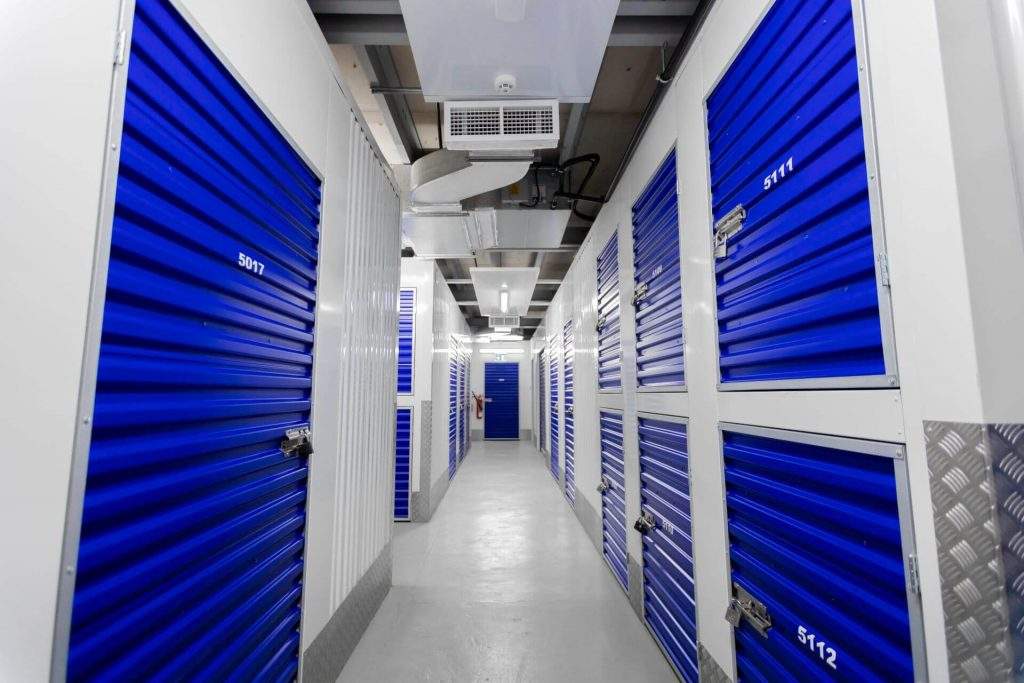
Storage requirements tend to vary based on individual needs and preferences. Some people require storage for short periods of time, while others may need it for longer durations. That’s why there are different types of storage units available in the market, with varying features and costs.
One of the main distinctions between storage units is their duration of use. Short-term and long-term storage units serve different purposes and cater to specific needs. Let’s take a closer look at the difference between these two types of units available through storage companies Dubai.
Duration of storage:
Short-term storage: Typically used for a few weeks to a few months, short-term storage is ideal for temporary needs such as moving, renovating, or storing seasonal items.
Long- term storage: Designed for extended periods, long-term storage is used for keeping items safe for several months or even years, making it a good option for businesses, travellers, or those with limited space at home.
Cost considerations:
Short- term storage: These units often have flexible rental terms, allowing users to pay month by month. The cost may be slightly higher due to convenience and short-term contracts.
Long- term storage: Since these units are rented for extended periods, they often come with lower monthly rates or discounts for long-term commitments.
Accessibility and convenience:
Short- term storage: People who need frequent access to their belongings prefer short-term storage, as they may need to retrieve items regularly. These units are often located in easily accessible areas.
Long- term storage: Since long-term storage is meant for items not frequently used, accessibility may not be a priority. Some facilities may have restrictions on how often users can access their units.
Types of items stored:
Short- term storage: Common items include furniture during relocation, seasonal decorations, or office supplies during renovations.
Long- term storage: Ideal for storing important documents, antiques, heirlooms, or business inventory that is not needed immediately.
Maintenance and protection:
Short- term storage: Basic security and climate control may be sufficient for short-term needs.
Long- term storage: Climate-controlled units are recommended for delicate items, as prolonged exposure to humidity or temperature fluctuations can cause damage.
Choosing between short-term and long-term storage depends on how long items need to be stored and how often they will be accessed. Both options provide security and convenience through reliable storage companies.

